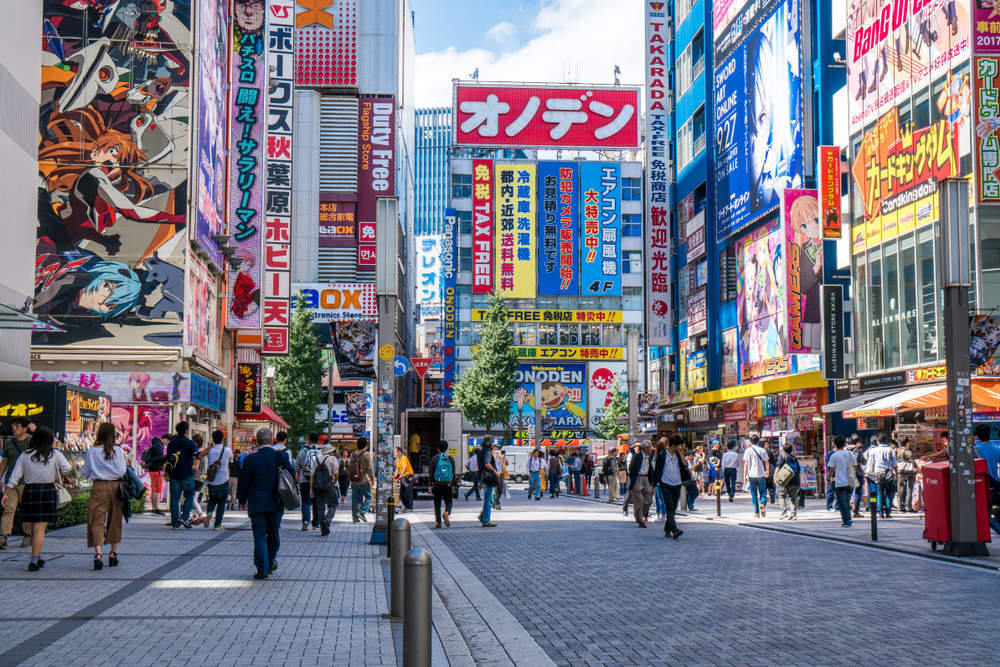
Japan’s unemployment rate has fallen to a 25 year low as the world’s third-largest economy continues its growth streak.
The reading — the lowest since April 1993 — comes as Japan’s economy is expected to show faster growth in the final quarter of last year than initially estimated.
Unemployment tumbled to just 2.4% in January, well below the 2.8% level of December and expectations for a smaller decline to 2.7%.
[visualizer id=”148613″] Source: OECDThe economy was expected to have expanded an annualised 0.9% through October to December, revised up from the initial reading of 0.5%, a Reuters poll of 19 economists found.
Japan is currently enjoying its second-longest postwar economic expansion cycle.
How well do you really know your competitors?
Access the most comprehensive Company Profiles on the market, powered by GlobalData. Save hours of research. Gain competitive edge.

Thank you!
Your download email will arrive shortly
Not ready to buy yet? Download a free sample
We are confident about the unique quality of our Company Profiles. However, we want you to make the most beneficial decision for your business, so we offer a free sample that you can download by submitting the below form
By GlobalDataJapan’s economy, the world third-largest, marked eight straight quarters of expansion in October-December, its longest such run since a 12-quarter stretch of growth during the 1980s boom years.
The country’s prime minister Shinzo Abe has been encouraging women and the elderly to join the workforce as the country’s rapidly ageing working population is expected to shrink in the years ahead.
Meanwhile, Japan’s central bank chief said this morning it would consider ending ultra-loose monetary policy if inflation hits its target during the year ending in March 2020.
Bank of Japan (BoJ) governor Haruhiko Kuroda — who was recently nominated to a new five-year term to continue his work toward 2% inflation — has said low unemployment should promote higher wages, higher spending and higher prices.
Kuroda told parliament:
The BoJ’s board members expect that prices will reach 2 percent around fiscal 2019. If this happens, there’s no doubt that we will consider and debate an exit.
It has become clear that changing public perceptions on price moves will take time.
We’d like to guide policy with utmost focus on meeting our price target, mindful of recent debate on the impact of our policy on the BOJ’s finances and an exit strategy.
Finance ministry data out on Thursday showed Japanese firms accelerated their investment in plant and equipment last quarter.





